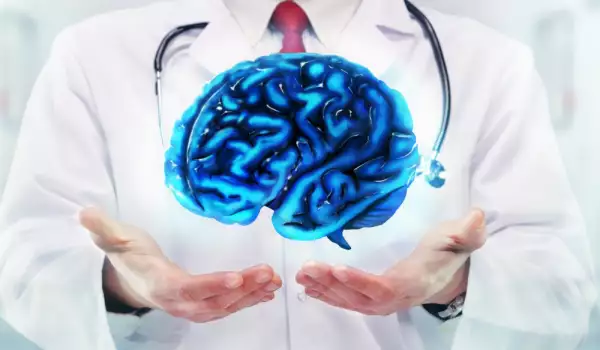The power of the placebo effect remains an unsolved phenomenon. But even so it finds ever wider application in medicine. Under the placebo effect, the health of a person improves simply because they believe that the medicine they've been given will have a positive effect, regardless of the medical expert diagnosis.
More and more experts are looking at the placebo effect not as an unexpected function of the human body but as a unique aspect of our psyche. Another theory states that this effect is the result of an evolutionary mechanism that allows our nervous system to control the magnitude of our immune reaction.
For centuries on end, scientists have been trying to unveil the mysteries of the placebo effect. The first step in this direction was taken by biologists a mere decade ago. It turns out that there is a similar effect among representatives of the animal kingdom as well.
Experiments with hamsters have shown that when the animals are placed under winter lighting conditions, i.e. an imitation of a short day and long night, their immune system reacts weakly to the infection. If they are given summer lighting, their immune system reacts very sharply to infection.

With humans it's nearly the same thing. Our immunity when suffering from a disease is boosted to a much higher degree when we are given a placebo (sugar pill, fake drug, shot or other treatment). The immune system receives data from the brain to orient itself about what's going on externally.
What's remarkable about the placebo effect is that after it the health of individuals actually improves. According to psychologists, and ever more scientists, this is indicative of the power the mind has over the body.
Marketing analysts have also had a say about the benefits and influence of the placebo. They defend the argument that drug commercials have a beneficial effect on the person because they establish optimistic expectations regarding a given drug, thus helping the placebo effect.
The placebo effect affects everyone, even skeptics, children and animals due to the fact that the people around them have high expectations pertaining to the results of the treatment given.









